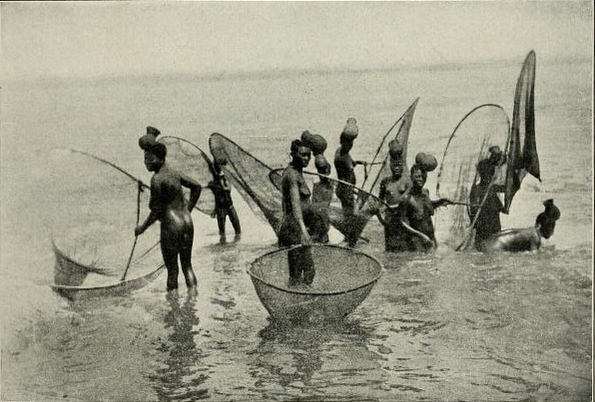Thus, the three brothers were left with this little baby girl. The men had no idea how to raise their niece, and no women around to help them. However, they did their best and through love and patience on both ends, the little girl grew into a beautiful, intelligent young woman. As she grew old, she understood that she could not live in the cabin with her "fathers" forever, and one days she told them of her plan to go explore the world and find her fate. They hated the idea of her going out and learning the truth of how evil and hard the world was, but they understood it was her decision.
Soon after the girl began her journey, she met a strong, confident man who lived in a grand house high on a hill. The man seemed to know everything and welcomed the girl into his grand life with open arms. But soon their lives took a dark turn, and the man who had seemed so grand and kind soon became dominating and cruel. The girl did not know what to do, and she missed her home and her fathers dearly.
One day when her husband was out, she send a letter to her fathers, telling of her woes. However, she instructed them that they could not write back or try to overtly rescue her for the man knew everything and everyone and would certainly exact revenge. When the fathers received this news they wept with sorrow, until one of the men came up with a grand plan. He said, "There is a woman who lives not far from here that is known for her skills in bringing about childbearing. We could ask her to go rescue the child under the pretense of consulting on childbearing." The other men agreed that this was a grand plan, and they quickly went to the woman to beg for her help.
The woman felt sorrow in her heart for the poor dear's plight, and quickly agreed to help. She went to the house and told the man why she had come, and he ushered her in eagerly. She instructed him that she could not work with any male presence within 30 miles of the home, and he should leave for the night and come back tomorrow. The man, although skeptical, packed a bag and left. The woman and the girl quickly fled, and rushed back to the girl's fathers. The fathers then realized that their fear of the world would hurt their daughter, and the foursome set off to find a new life away from the evil man.
This story is part of the Native American Marriage Tales unit. Story source: Tales of the North American Indians by Stith Thompson (1929).









